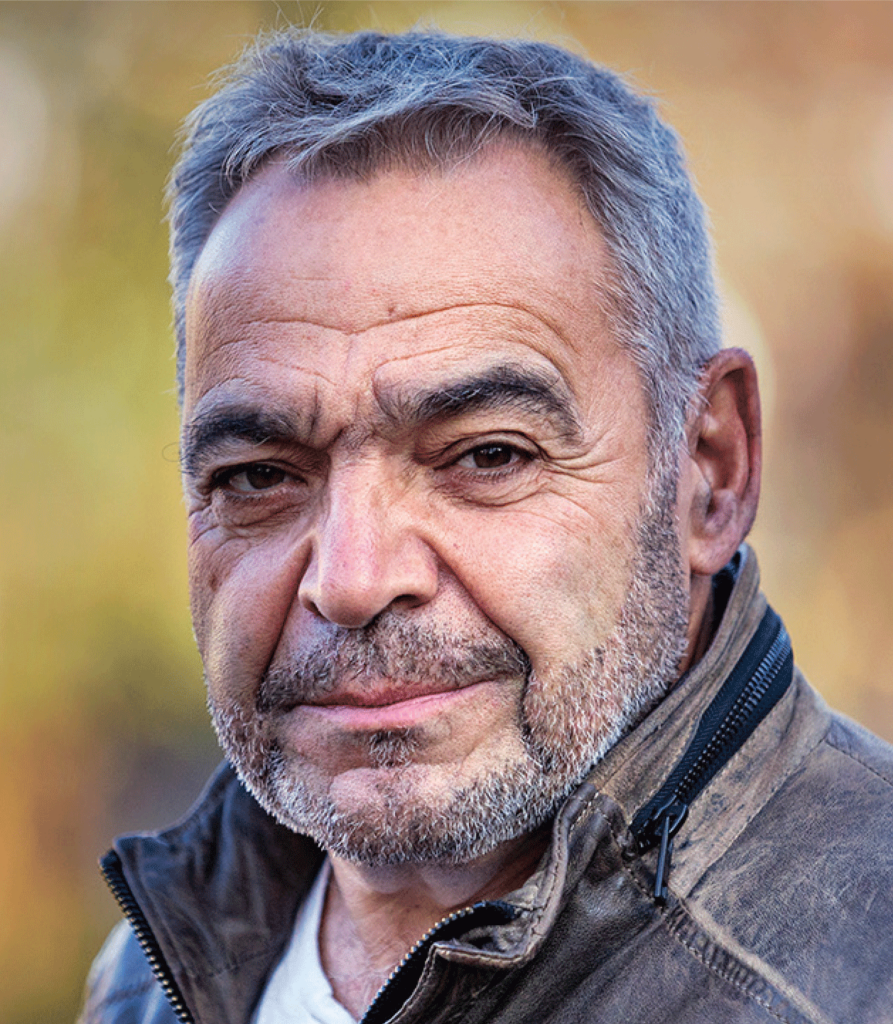Can journalists cover themselves without breaking the rules?

As journalists we want to report the story, not become the story. Sometimes, though, it’s unavoidable. Back in December 1992, an investigation I did into drug trafficking and corruption with a team from CBC’s The Fifth Estate led to the shocking suicide of a senior RCMP inspector the day before we went to air. Then there are some famous cases when our own media companies become the story—like when Fifth Estate broadcast “The Unmaking of Jian Ghomeshi” in 2014, exposing how CBC mishandled sexual assault allegations against its former star radio host.
But what about covering wider issues like press freedoms and media rights, when we are reporting on something that directly affects us? We should never allow a business reporter to write about a company in which they have stocks. We should never let a sports reporter cover a team that has a family member on its roster. The conflicts are obvious.
Take, for example, the efforts in recent years to help Afghan journalists and fixers flee the new Taliban regime. In September 2021, Mark MacKinnon’s “Escape from Afghanistan” in The Globe and Mail told the story of how Canadian journalists saved their Afghan colleagues. As the headline and story made clear, MacKinnon was not unbiased or neutral. “For two weeks I barely slept, consumed with worry,” he wrote. “I called every personal contact I had, pulled every string I could find.”
Sure, this kind of story breaks with tradition by allowing the reporter to speak in the first person and reveal their emotions. And, it doesn’t hide the conflict of interest. Instead, it turns personal involvement into a strength. The readers know the reporter’s stake and can judge for themselves.
I took a similar approach in numerous op-eds and articles I wrote about the campaigns by Journalists for Human Rights (JHR). In a Toronto Star feature that ran in June 2024, “An Afghan Journalist’s Flight to Freedom in Canada,” I also wrote in the first person at times and openly declared my connection to JHR. Neutral? Hardly. But fair and accurate? Yes. Decidedly, we played by the rules. And when we painted outside the traditional lines, we made that clear. For sure there was self-interest here, but it was correctly revealed to readers. And more importantly, there was also compelling public interest in telling these stories.
I would argue the same conditions apply in the coming months and years as politicians in Canada and the United States step up their attacks on the media. Conservative leader Pierre Poilievre has not only promised to defund CBC, but has attacked the “crony capitalists and insiders” running CTV. And he has slandered the Canadian Press news agency as a “tax-funded mouthpiece” for Justin Trudeau’s Liberals.
Every politician has the right to criticize coverage they do not like—and, after all, journalists do make mistakes, and we should be held accountable for them. But Poilievre goes well beyond singling out specific errors: he is edging dangerously close to whipping up public sentiment against journalists as a whole as “enemies of the people”—or at least, his people.
A re-elected President Donald Trump has made no secret of his war on the media. In the final six weeks of his successful campaign, Trump attacked or threatened the press at least 108 times, according to Reporters Without Borders. He vowed to go after the broadcast licence of networks he didn’t like and change libel laws that protect journalists.
The Committee to Protect Journalists, Reporters Without Borders, and other media rights groups called on Trump to end his attacks on the news media. Doubtless, this will continue to be a huge story that the media will have to cover—even though they are reporting on a conflict in which they are half of the equation.
In Canada, we will soon face the same dilemma. At the time of writing, we were headed towards a bitter election in the spring with a possible result of a Poilievre victory.
How will the media cover a political war in which they are some of the combatants? It won’t be easy. But we follow our rules. And when we have to, if not bend them, at least apply them with some flexibility, we explain to the public what we are doing and why. It’s called journalism.
About the author

Julian Sher
Julian Sher is a Montreal-based investigative journalist and book author. For five years he was senior producer at CBC’s The Fifth Estate, and also worked for The Globe and Mail and the Toronto Star. He is a senior fellow at the Centre for Free Expression at Toronto Metropolitan University and works with Journalists for Human Rights. More information at www.juliansher.com.
